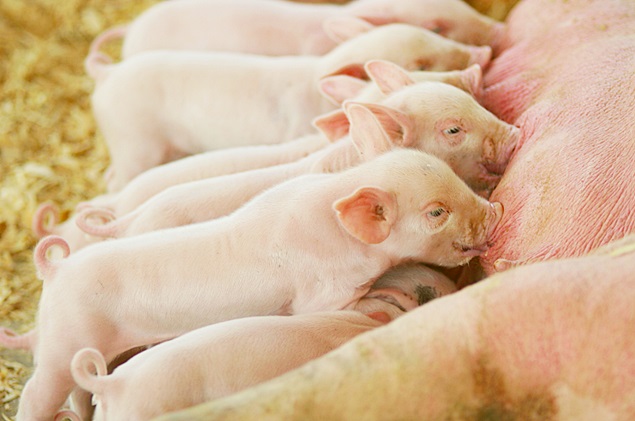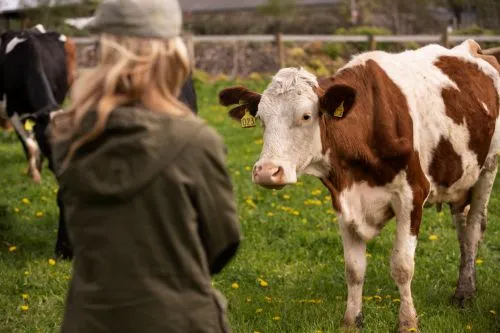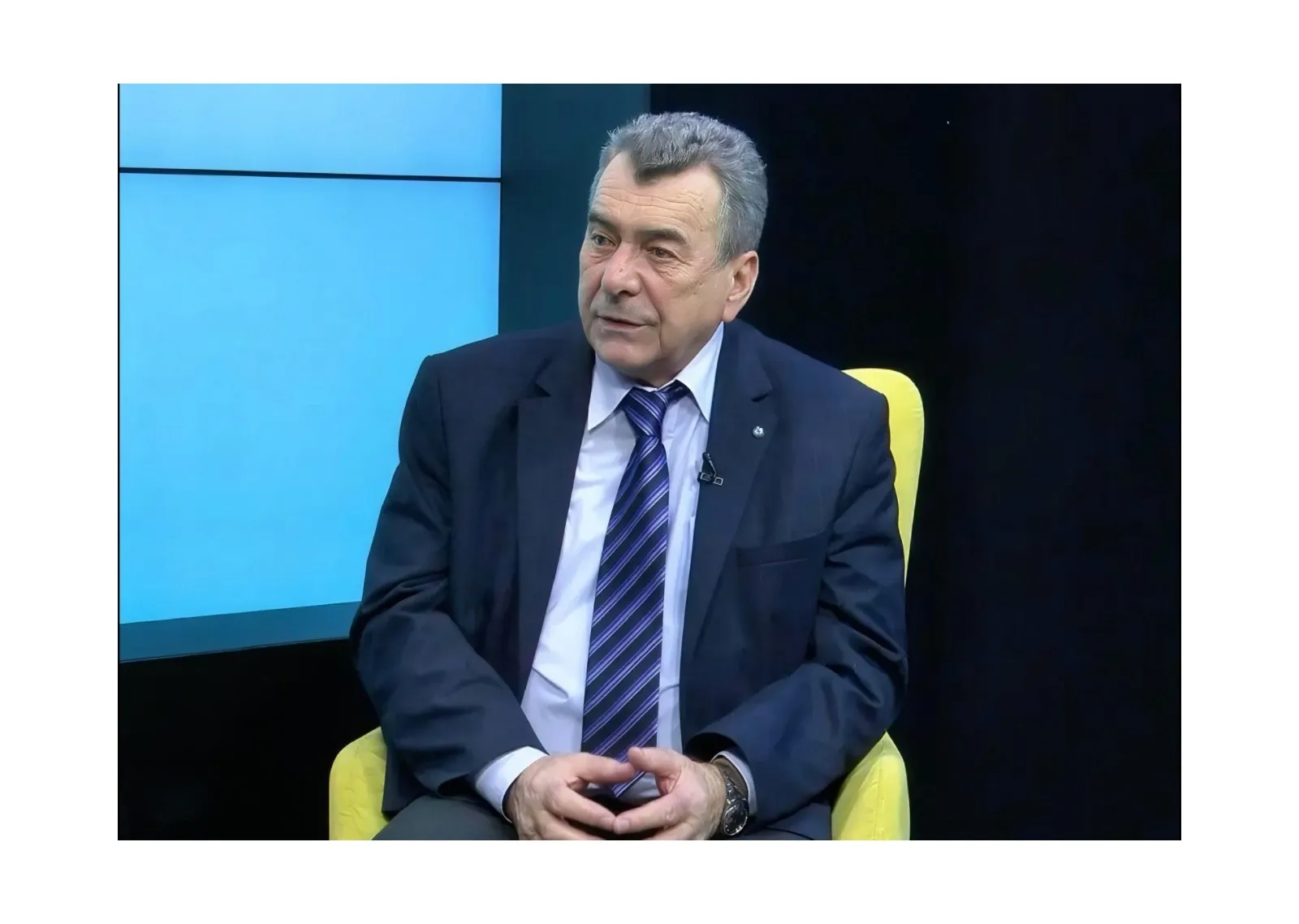1370

The stability that characterized pork prices for several weeks has been disrupted by a significant decrease. Concerns about maintaining this price level have increased, with the main causes being ample pork supply, difficult sales of meat and by-products, and lower prices on the global market. Many are wondering: Is this a temporary price drop or does it mark the beginning of a downward trend? Here are Rabobank's predictions for the second half of this year.
Decreasing Production
In 2023, pork production in the EU27 and the UK experienced a sudden decline. From January to October 2023, production decreased by 7% compared to 2022. Particularly in Denmark, the Netherlands, and Germany, the declines were significant. Looking into 2024, experts anticipate that this decrease will continue, although at a slowed pace.
Remarkable is the increase in Dutch pig and pork exports to Germany and Spain in 2023. Especially in Germany, the export of slaughter-ready pigs has increased, indicating structural overcapacity in the meat processing sector.
In January 2024, pork prices were under pressure, especially in northwest Europe. The ample supply of pigs could easily meet demand. Despite this price pressure, demand for piglets remains high, which is a positive signal for the sector.
However, the higher price of piglets may put pressure on pig breeders' margins in the Netherlands in the first quarter of 2024, along with rising costs of manure disposal and interest rates. Experts predict a possible increase in pork prices later in the quarter as demand improves.
Continued Decline in Exports Outside Europe
Regarding feed prices, they are expected to remain favorable in the first quarter of 2024, especially due to ample global stocks of soybeans and corn. However, there are increasing risks for wheat prices due to wet weather conditions in Europe and the conflict in the Red Sea, which could affect transportation costs.
Pork exports from the EU27 and the UK decreased significantly from January to November 2023, mainly due to a decline in muscle meat exports.
Import demand from China is expected to remain under pressure in the first half of 2024, but a reduction in the animal population could lead to price increases in the second half of the year and an improvement in import levels, according to Rabobank's analysis. (Photo: Dreamstime)





